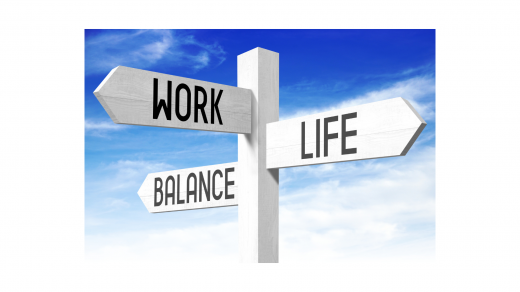These days, most people have to go to college in order to get a decent job. But this is not a universal standard. In fact, some cultures, like Japan, don’t even require people to go to college and still live prosperous lives. What is traditional university education, then?
Traditional university education is a fairly new concept. We define traditional university education as studying things you don’t need to learn for work, like literature or philosophy. It is a hybrid between the old system of education and the modern world. It takes what works in the modern world and combines it with the old system of education. In this way, traditional university education is still based on the old system of education. But the old system of education is no longer the only option for learning. Many things are taught in universities now, like some science, some history, or some math. But these things are not necessarily needed for survival or even for a good job. Our education system has changed, and the country is not the same it was in the past.
Traditional university education has been a staple of life in the United States for a long time. However, the modern trend of university education (especially in the field of business management) has changed the relationship between students and teachers and students and education. The educational system now puts a lot of emphasis on “one-to-one” training, and the students themselves participate in the learning process on the web.
In higher education, there are a few “traditional” institutions. The first modern universities originated in the 14th century, with the University of Bologna, the oldest university in the world. The oldest American university is the University of North Carolina at Chapel Hill, which was chartered in 1789. Most universities follow the European model of central administration, including the hiring of professors and the awarding of degrees.
You can define the purpose of traditional university education in many ways. Some people think that university is essential for their success and others believe that it is irrelevant. To some people, they believe that it is both indispensable and essential. But there are some things that challenge their reputation, and I’m here to give you some examples.
- Traditional education is supposed to be the way to go to get a degree. The problem is that most traditional degree programs are in subjects that do not require real-world skills. This is how you end up with degrees in Economics, Computer Science, and Communications. You can’t learn these skills in classrooms, so that’s why most people don’t like the idea of getting traditional education.
- One of the biggest complaints about traditional education that most people talk about is that it doesn’t provide enough individual attention. Students are expected to listen to lectures and then move on to other tasks, such as research for a paper or finishing a group project that doesn’t take much time. However, children’s individual needs often do not get met because others in the classroom are getting ahead or are already done with their own tasks.
- Another thing would be that the way traditional education is taught emphasizes rote learning. Because of its emphasis on rote memorization, traditional education has a lot of drawbacks and downsides. Some of these include:
- These schools tend to stress theory over practice. As a result, these schools tend to strike out students who do not have the ability to memorize facts.
- Also, students tend to do poorly in the regular academic sections of these schools because they are not tested on how well they understand and can apply the material.
- Also, students tend to become bored with traditional education because they are asked to learn a lot of facts that are not relevant to the educational system.
- And lastly, most traditional schools lack diversity, lack innovative teaching, and lack innovation. There is also a lack of role models in traditional schools. When students are in traditional schools and are not exposed to diverse types of people, they tend to conform to the ideas of others. With this in mind, students would not be able to broaden their minds.




